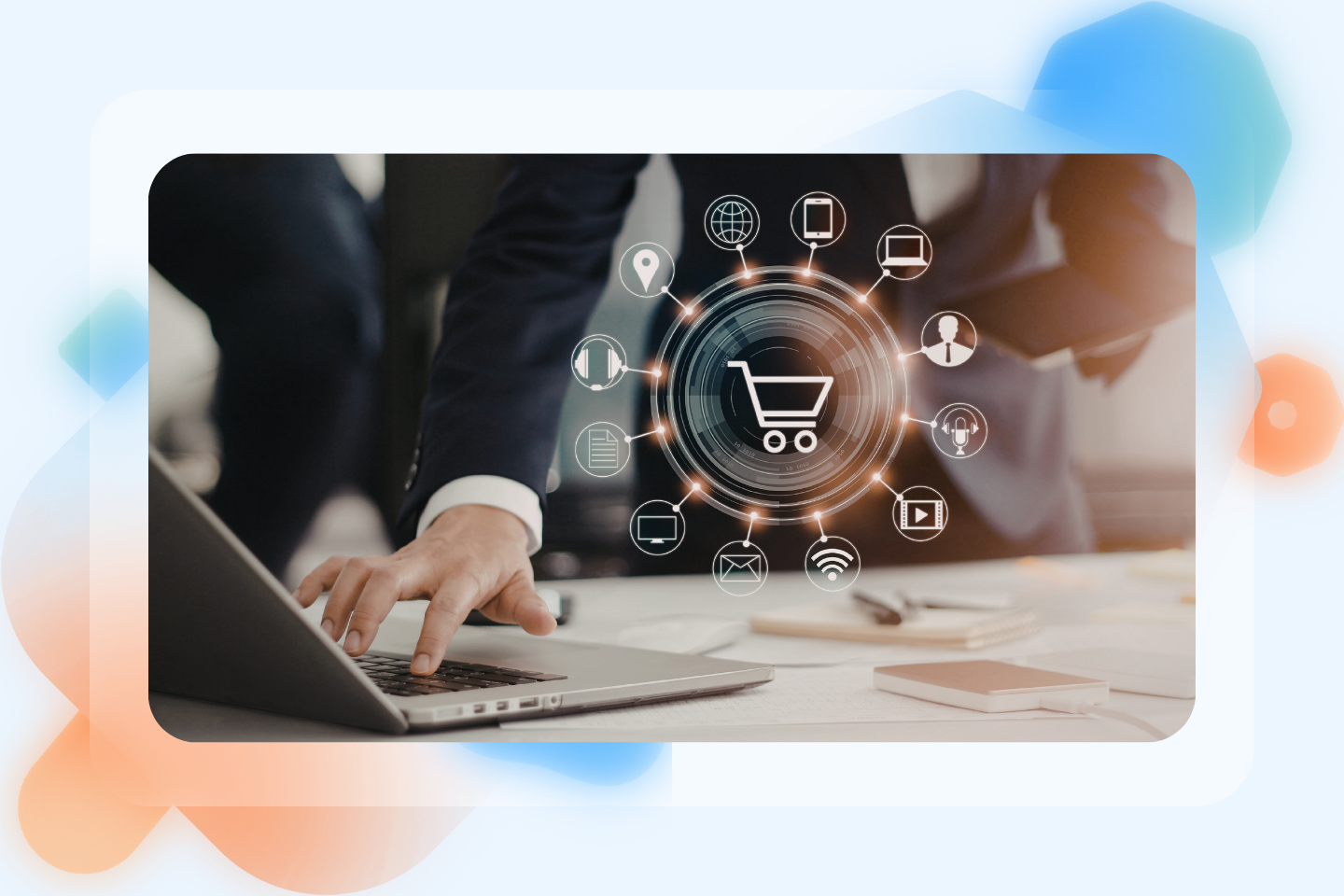Scaling an eCommerce brand is one of the most exciting challenges a business can take on. But rapid growth without the right systems in place can lead to disorganization, customer dissatisfaction, and ultimately stalled momentum.
In a recent fireside chat, “From chaos to clarity: Systems every eCommerce brand needs before scaling,” our very own Tshili Khupe (Head of Strategic Partnerships & Growth) and Atiya Brown (Growth Manager) explore the essential systems and roles every eCommerce brand needs to implement before scaling.
First of all, don’t put marketing before operations
“From my experience, what brands often come to us asking for first is automation. Which is great, but… you can’t automate if you don’t have processes and the tools set up in place.” —Atiya Brown
It’s easy to be tempted by high-growth marketing tactics like ads, influencer campaigns, and flash sales that promise revenue spikes. But if your operations aren’t ready to handle the volume, you’re setting yourself for failure. Focusing on marketing before building a solid team and operational foundation often leads to customer bottlenecks, shipping delays, and refund issues. These not only hurt your reputations but also increase customer churn.
What to do instead: Atiya recommended developing streamlined fulfillment, robust customer support, and scalable backend systems first. Once these are running smoothly, you can then confidently ramp up your marketing knowing your brand can handle the growth.
What are the overlooked systems and roles that make or break your business growth?
Tshili discussed how many brands underestimate the systems and people that quietly support scaling. Adding to this, Atiya emphasized how brands must have trained people in place first before hyperfocusing on the “cool stuff” first.
“It’s like buying a car but not having a driver. It’s not gonna go anywhere.” —Tshili Kupe
So, beyond product and marketing, you need strong internal infrastructure.
Key systems brands often overlook include:
- A well-structured help desk
- A dynamic, searchable knowledge base (like FAQs)
- Internal analytics tools to identify trends and bottlenecks
As for key roles they also often overlook:
- A systems or operations manager
- Customer experience (CX) strategists
- Technical support roles
These aren’t flashy roles, but they’re essential for maintaining order and identifying early signs of growing pains. Investing in these roles early sets the stage for smoother scaling later. So, let’s walk through the systems you need in place first before you start scaling.
1. The right helpdesk changes everything
Tshili emphasized that choosing the right help desk platform isn’t just about answering tickets. It’s about building a centralized system that enables your entire support operation.
Atiya also added that a great helpdesk is able to adapt to your requirements. While they’re not one-size-fits-all, here’s a checklist of key traits you’ll need your help desk to have:
- Integrates across channels (email, chat, social, SMS)
- Enables automation through tags, templates, and macros
- Provides robust reporting and analytics
- Support scalable workflows like escalation paths and agent routing
Overall, brands that implement help desks like Gorgias, Zendesk, or Help Scout early find it easier to train teams, reduce response times, and deliver consistently high-quality support.
2. FAQs and analytics: The foundation of support and scale
“If you don’t have certain things in place before you actually introduce all of these tools, what you’re introducing is a Trojan horse into your atmosphere because systems will break and they will actually get worse.”
— Atiya Brown
Atiya and Tshili pointed out that one of the most powerful combinations in eCommerce support is a living FAQ system paired with strong analytics. As your ticket volume grows, so will repeat questions. Instead of handling the same inquiries manually, leverage ticket data to continuously update your FAQ and self-service resources.
Why it matters:
- Reduces ticket volume
- Helps customers solve issues faster
- Improves agent productivity
- Allows your support to scale without growing headcount at the same pace
3. Hybrid support will always triumph over strict automation
Tshili discussed how automation has its place in support, but it shouldn’t replace human connection. Strict automation often creates frustration, especially when customers feel trapped in loops with no real answers. Or as Atiya shared how brands refer to them: “canned responses.”
Hybrid support combines the best of both worlds: automation for repetitive tasks and human agents for complex or emotional issues.
Examples of hybrid support include:
- Automated support for order status and shipping FAQs
- Bots that escalate to agents when needed
- Tiered support where basic queries are handled automatically, but VIPs or sensitive issues go straight to human agents
4. Hire the right roles for long-term CX success
Atiya explained that as support volume increases, you’ll need more than just agents. You’ll need a structured team with specific responsibilities to maintain and improve your customer experience.
Essential roles include:
- Support team lead or manager: For people management and training
- CX analyst: To review data, monitor KPIs, and spot trends
- Knowledge base or content manager: To maintain self-service content
- QA lead: To review tickets, maintain quality, and provide coaching
Each of these roles contributes to delivering a consistently good experience at scale. Without them, you risk inconsistent support and team burnout.
5. Key escalation paths and quality assurance are critical
Tshili emphasized that growth brings complexity, and not every support agent can or should handle every type of ticket. Clear escalation paths ensure that issues are routed to the right person quickly, especially when dealing with high-value customers or sensitive topics.
“It makes no sense setting up a team and everything is dependent on you approving. It just completely inundates the system, it just completely handicaps the system.”
— Atiya Brown
Quality assurance (QA) processes are equally important. Regular ticket reviews, performance audits, and customer feedback loops ensure that your support doesn’t just stay fast, it stays effective and empathetic. Investing in escalation and QA early keeps your team sharp and your customers happy.
6. Post purchase experience: The hidden growth lever
As Atiya concluded, too many brands treat the customer journey as ending at the checkout page. In reality, the post-purchase experience is one of the most important stages.
Why?
- It sets the tone for repeat business
- It influences reviews and referrals
- It reduces post-purchase anxiety and churn
A strong post-purchase system includes:
- Real-time shipping updates
- Clear communication about returns and policies
- Friendly follow-ups with support links or upsell opportunities
When you deliver a great experience after the sale, you build long-term customer relationships, and that’s where true growth happens.
Don’t scale in chaos—scale smart instead
Sustainable growth doesn’t come from marketing alone. It comes from being operationally ready to support that growth. Overall, you create a business that can handle the demands of success by investing in the right systems, tools, and people before you scale.
Just in case you missed it, you can watch the full fireside chat on our Youtube channel. If you’re looking to get the right people in place and start scaling smart, contact us today!




